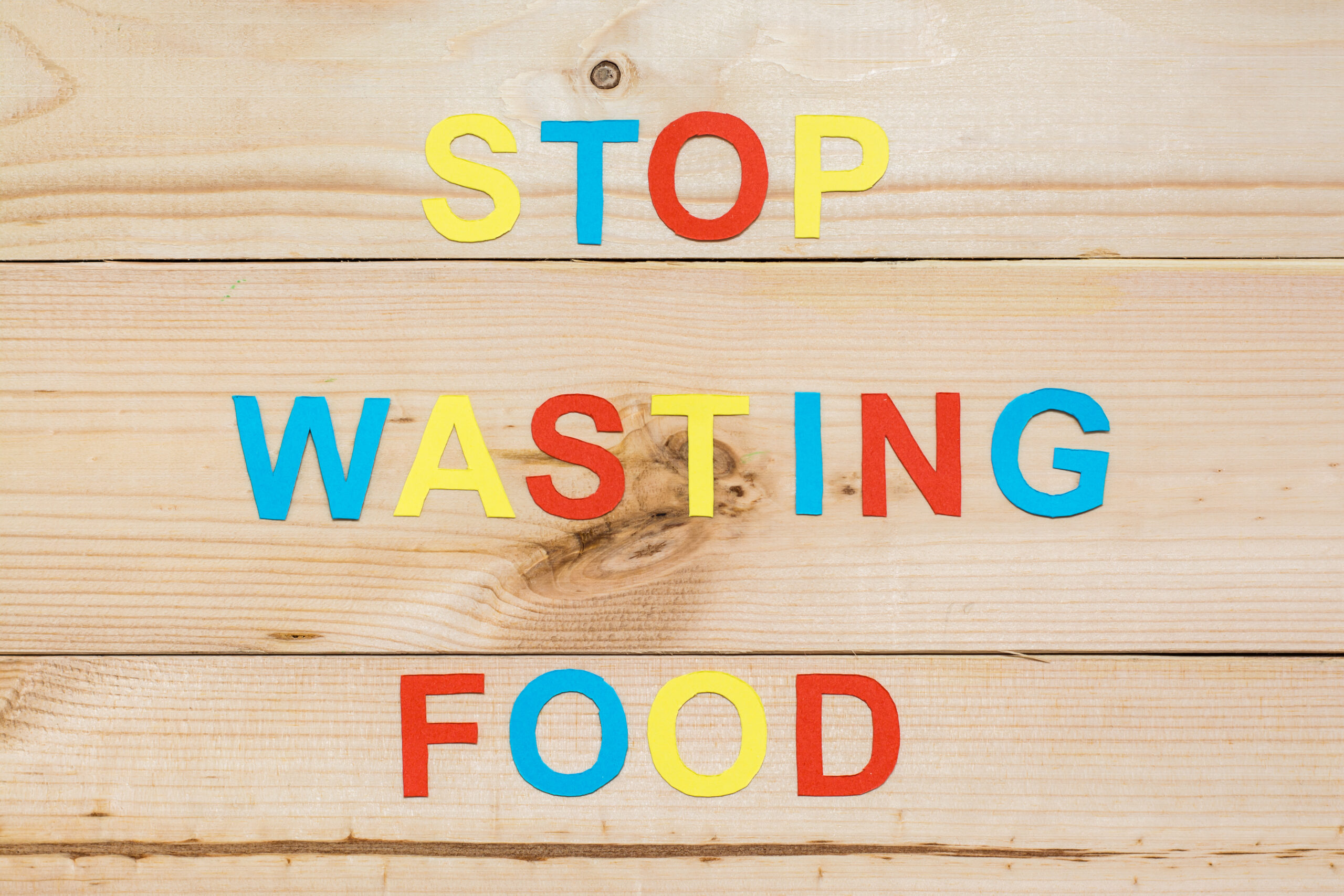Brexit has hit the UK’s food industry particularly hard, with the break affecting popular products like Marmite and Toblerone. Now, Premier Foods – the company behind Mr Kipling and Cadbury cakes – has said the price of their products will soon be increased, in response to the rising cost of ingredients.
According to Gavin Darby, CEO of Premier Foods, the British food manufacturer has already been in talks with retailers about the impending cost increases. Several staple ingredients – including butter, wheat and sugar – have increased in price dramatically this year, from 20 to 80 percent.
“That affects cake more than grocery products,” Darby told The Guardian. “We will have to look at it category by category … A number of retailers have referred to justifiable and unjustifiable approaches from their suppliers. We feel by being very category-focused we will be much more justified.”
Darby also said that Premier Foods would be exploring a number of options to mitigate price hikes. Along with changing package sizes – a strategy that’s already been employed by other brands, including the Mars company, the makers of Maltesers – Premier will work to introduce more efficiency into its manufacturing and distribution systems.
“We can’t say there won’t be any price increases, there probably will be next year, but we are very much in the camp of limited increases,” said Richard Johnson, Premier Food’s corporate affairs director. Johnson went on to say that price increases will only be passed onto consumers as a “last resort.”
Premier Foods announced a 4 percent decrease in profits in the 6 months ending at the beginning of October. The company blamed the unseasonably warm weather in September for the decreased dessert sales and lower profits in the third quarter, which came in around £26.3 million.
Despite the lower-than-expected sales, Darby said that Premier Foods could still meet its annual sales target, due in part to its business being largely based within the UK. According to Darby, 89 percent of the company’s spending goes to UK suppliers, and 95 percent of its products are made in the UK.
“This challenge [from the fall in pounds sterling] is a bigger challenge for some of our competitors than Premier,” said Darby. “Many competitors produce in continental Europe and have to import finished goods, which is a much bigger issue. But we won’t underestimate the challenge.”












Join or login to leave a comment
JOIN LOGIN